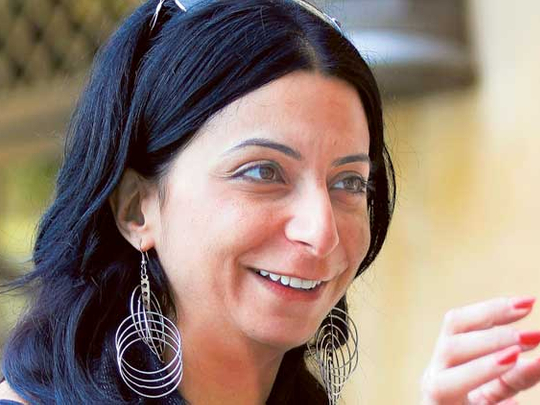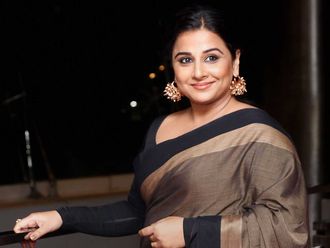
A decent documentary teaches you something new. A remarkable one, however, hinges on exposing brutal realities and ensuring they can no longer be ignored. The best may even lead to legal reform.
Filmmaker Zeina Daccache’s body of work, set in prisons across Beirut, aims to do just that. Dacacche, an animated, outspoken theatre director and drama therapist, has been involved in rehabilitation work for nearly eight years.
“Drama therapy is when you’re providing therapy to people through the medium of theatre. This was my main project, and this is what I suggested to the Lebanese government since 2006, saying that drama therapy can be a sustainable rehabilitative programme for the inmates,” she said.
Authorities weren’t quick to give the green light, but once they did, Daccache wasted no time getting the programme off the ground.
In 2008, she worked with 45 male inmates, putting together a play adaptation of 12 Angry Men by the name of 12 Angry Lebanese, exploring pertinent themes of forgiveness and growth. Her behind-the-scenes documentary by the same name premiered at Diff the following year, winning the Muhr Arab Documentary first prize and showing in 67 different countries. The result: an early-release law was implemented in Lebanon, which gave inmates a chance at shortened sentences if they displayed good behaviour.
“You could see how they were eager, these prisoners, to express, to heal themselves, to talk about the past, the future, what’s awaiting them, repeating the crime or not, and how do we work on ourselves not to, you know, go again and again [into the punitive system],” Daccache said.
In 2011, Daccache went into women’s prisons and started work on a new play with 20 inmates — many of whom were doing time for murdering their husbands — called Scheherazade in Baabda. It was the crux of Scheherazade’s Diary, which had its world premiere at Diff on Monday and will screen again on December 12.
“Our hope with our new film is to get more suitable laws for women applied in Lebanon, such as protection from domestic violence,” said Daccache.
In some villages, women are forced into marriage at as young as 12 years of age, and will have two kids by 14, she explained. When they ask for divorces, they’re shamed by their families and turned away by police. Given little other option, some resort to homicide.
“I’m not saying I’m with killing the husband, but I’m with a suitable law that will protect women in a patriarchal society that we all live in.”
As for how her new film will be received, Daccache remains optimistic: “I think there’s going to be a reaction and I hope it will be a positive and constructive one.”












